The Truth About Love and Growth
You've probably heard it a hundred times: You have to love yourself first. It's great advice and we've even explored it in our 5 Stages of Modern Dating post. But let's be honest, we know it can feel like a huge burden. Sometimes, this kind of advice can make you feel like you have to be a perfect and finished product before you're ready for love. If you've ever felt stuck in a waiting room and feeling like you're not quite good enough yet, know that you're not alone.
What if that's not the whole story? What if the journey to finding love isn't meant to be a solo mission at all?
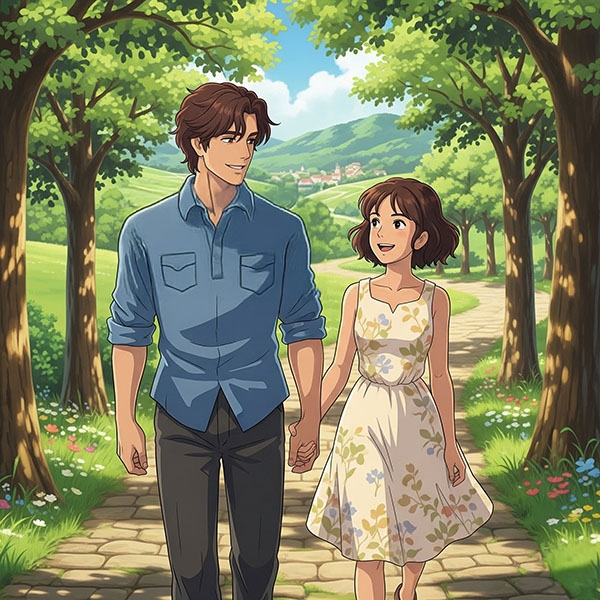
We are social creatures and in life, especially in relationships, we grow and heal through connection. Think of a basketball team: they don't win with a single star player who never passes the ball. They win by working together, supporting each other and learning from their mistakes. Love works the same way.
💬 Psychology Today:
“Human beings grow and thrive through connection, not isolation.”
We want to show you exactly what we mean. We'll explore how relationships are designed to help us grow, why your friends are your most important coaches and how even a bad breakup can be a valuable lesson. By the end, you’ll see that dating isn’t a solo mission, it's a team sport from the very first text to a lasting relationship.
Are You Waiting to Be Ready for Love?
You shouldn't feel like you need to fix every single flaw before you can start dating. Maybe you think you have to get a promotion, lose a few pounds or become a perfect communicator. This mindset can be really isolating. It makes you put your life on hold and creates a lot of pressure.
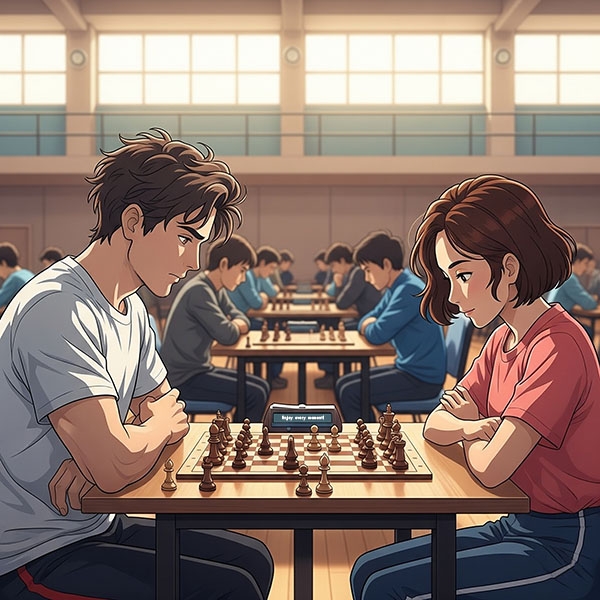
The idea that you must be whole before you can be loved is a myth. In reality, love is often what helps us become whole. We learn who we are through our interactions with others, not just in isolation.
💬 Psychology Today:
“Supportive relationships strengthen mental, emotional and physical well-being.”
You don't have to be a finished product to find a partner. You just have to be willing to grow with someone.
The Dating Feedback Loop: Every Connection Teaches You Something
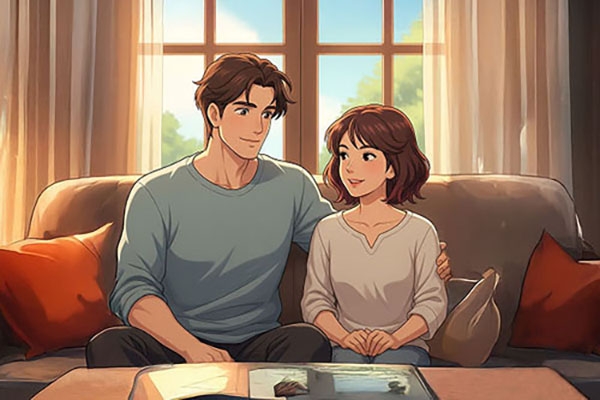
Dating isn't a straight line. You don't just meet someone and have everything fall perfectly into place. It's more like a feedback loop: you try something, you learn and you try again. Every person you meet, every date you go on and every relationship you have gives you information that helps you grow.
Think of it this way:
- A first date that doesn’t click isn’t a failure. It’s a chance to learn what you don't want in a partner. Maybe you learned you don’t want to be with someone who only talks about themselves or maybe you realized you prefer a more adventurous date.
- A short relationship isn't a waste of time. It might show you how you handle emotions and conflict. You might learn that you need more open communication or that you tend to shut down when things get tough.
- A breakup is one of the hardest parts of this loop but it’s also one of the most powerful teachers. Breakups force you to understand your boundaries, what you truly need from a partner and what kind of person you want to be.
These experiences are all part of your story. The people who don't stay in your life still help shape who you are. They are part of your team, teaching you lessons you can't learn on your own.
From "Me" to "We": The Stages of Dating as a Team Sport
You can think of dating as a journey with different stages. At each stage, you're not just trying to find the perfect person; you're also building a team.
Stage 1: Self-Discovery with a Support System
Before you even start dating, you're on a journey of self-discovery. This is about understanding your values, needs and goals. But you don't do this alone. Your friends and family help you reflect. Your past experiences show you what matters to you.
- Friends can help you see your blind spots and point out patterns you don't notice.
- Therapists or mentors can guide you through tough emotions.
- Past relationships can show you what you value and what you need to feel safe.
You're learning about yourself through connections, not just isolation.
Stage 2: Meeting People as Your Community
Now you're ready to start meeting people. This is where the team sport really begins. Your friends are your sideline coaches, they help you get ready, listen to your stories and offer advice. The people you match with on dating apps are your teammates for a little while. Even a few text exchanges can teach you something. You're learning what makes you feel excited or safe, all through interactions with others.
Stage 3: The First Date is a Shared Experience
First dates can be scary but they are a shared experience. You and your date are on the same team, trying to see if there's a connection. You can’t win a first date alone. It takes two people showing up, being vulnerable and learning how to listen.
- You practice being present and truly listening to what the other person says.
- You notice how someone responds to your energy, which teaches you about emotional safety.
- You build a small, shared moment together, no matter how brief.
Every date, no matter how it goes, is a chance to practice these team skills.
Stage 4: Building an Exclusive Team
This is where things get serious. You and your partner are in a one-on-one relationship and it's all about teamwork. You learn to compromise, to solve problems together and to communicate.
- You learn to compromise when you want to see a different movie or eat at a different restaurant.
- You face challenges and solve them as a team, whether it's dealing with a sick family member or a stressful week at work.
- You build routines and rituals together, like Sunday morning coffee or a weekly date night.
This stage is all about building a foundation of support and trust with another person.
Stage 5: Growing Together, Not Apart
This is the deepest stage of a relationship. You're building a life with someone. You’re not just living side by side; you’re growing together. You support each other's dreams, comfort each other during hard times and celebrate wins together.
- You become each other's biggest cheerleaders.
- You face life's ups and downs as a united front.
- You grow emotionally and spiritually, side by side.
This is the heart of No One Wins Alone. It's about finding a partner who helps you become a better version of yourself, just as you help them become a better version of themselves.
The Role of Your Community in Love
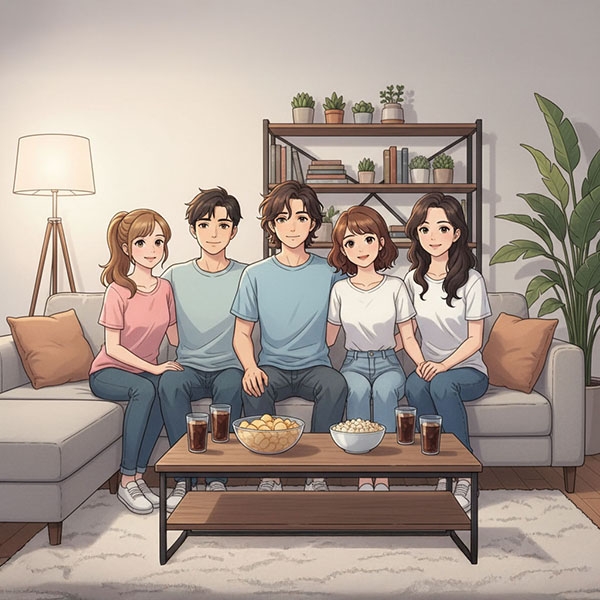
Romantic relationships are important, but they aren't the only ones that help us grow. Your community, your friends, family and even past relationships are a crucial part of your love story.
Friends Are Your Emotional Support Team
Your friends know you better than almost anyone out of your social circle. They can be your emotional support team.
- They can point out patterns you don't see in yourself.
- They can support you during a tough breakup.
- They can cheer you on when you're nervous about a first date.
Friends can help you see yourself clearly and remind you of your worth when you forget it.
Mentors and Elders Offer Wisdom
People who have lived through love and loss, like a wise aunt, a teacher or a counselor can offer valuable advice. They can remind you that relationships take work but they are worth it. They can share stories that help you put your own dating struggles into perspective.
Your Past Relationships Teach You
Even the ones that ended show you:
- What you truly value in a partner.
- What you need to feel safe.
- How you handle stress or conflict.
💬 Ontario Psychological Association:
“The quality of your life ultimately depends on the quality of your relationships.”
-Esther Perel
You don’t grow by avoiding pain. You grow by learning from it. Every past relationship, no matter how short, could be a big lesson.
What Does Winning Together Really Look Like?

So, what does **winning together** really mean? It isn't about being in a perfect relationship. It's about how you show up for each other and create a better environment for your relationship to grow. It means facing challenges as a team, celebrating each other's successes and building a foundation of trust and support.
Communication is a Team Skill
In a healthy relationship, you don't win an argument by being right. You win by understanding each other.
- Listen with care. Don't just wait for your turn to talk.
- Speak with honesty and kindness. Share your feelings without attacking the other person.
- Repair when things go wrong. Say you’re sorry and work together to fix the problem.
Good communication is built together, one conversation at a time.
Support Goes Both Ways
Healthy relationships involve giving and receiving support.
- You support each other's goals, whether it’s a new job or learning a new skill.
- You help each other through tough times, from a bad day at work to a family problem.
- You grow together and make sure you're both moving forward.
It’s not about keeping score; it's about showing up for the person you care about.
Shared Dreams Matter
Winning together means building something bigger than yourselves.
- You create traditions that are unique to your relationship, like a Friday night movie marathon or a special dinner.
- You plan for the future and talk about your shared goals.
- You dream together and help each other achieve those dreams.
It's about creating a life with someone, not just sharing one. If you don't actively plan for your future together, it can feel like it's just happening to you and you might not even realize if it's what you truly wanted.
What About Independence?
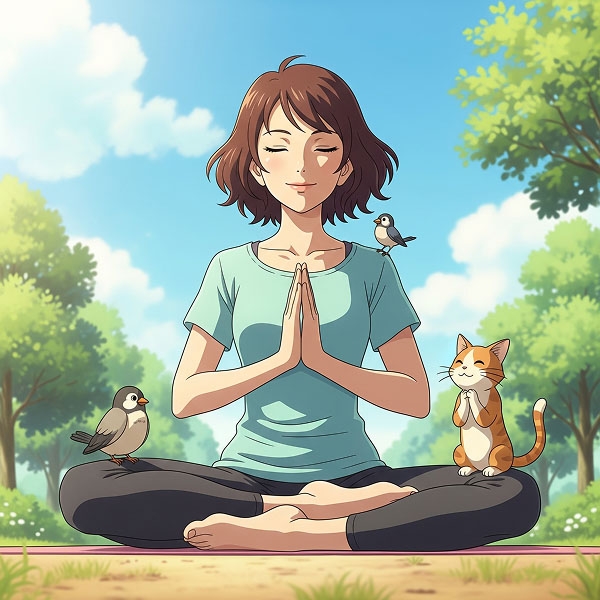
It's important to be clear: this post is not saying you should lose yourself in a relationship. You should still have boundaries and your own life.
Healthy relationships are interdependent. This means:
- You know who you are and have a strong sense of self.
- You can be alone when you need to.
- You can ask for help without feeling ashamed.
💬 Verywell Mind:
“Interdependence suggests that partners recognize and value the emotional bond they share while maintaining a solid sense of self.”
It's not me versus you. It's me and you, growing together.
A Simple Story: Everyday Life

We've all known people who were so focused on being perfect before they could even think about dating. They'd spend countless hours on self-help books and therapy, proud of the person they were becoming. But all that focus on themselves often left them feeling a little lonely. They were building these amazing lives but with no one to share them with.
Then, one of them met someone. Let's call her Maya, and the person she met, Jake.
Jake wasn't perfect, and neither was she. But they talked openly, supported each other through their mistakes and didn't try to be anything they weren't. One day, it hit Maya. She said, I thought I had to be whole before I could be loved. But I realized love is what helped me become whole.
That’s the heart of it. You don’t have to be perfect to be loved. You don’t have to do it all alone. Every win in love is shared, every lesson is learned with others and every moment of growth is built together.
Your Turn: Start Building Your Team
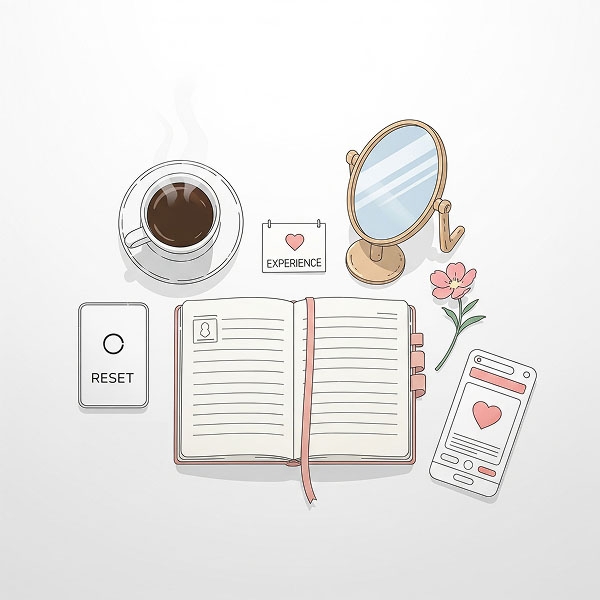
Think about someone who helped you grow. Maybe it was a friend, a partner or even someone you dated for a short time. What did they teach you? How did they help you see yourself more clearly?
Now ask yourself:
Who are you helping grow? Who are you showing up for?
Ultimately, love isn’t just about finding the right person. It's about becoming the kind of person who knows how to build and keep connections alive and meaningful with kindness, honesty and care.
🧭 Final Thoughts: Learn to Write Your Story Beside Others
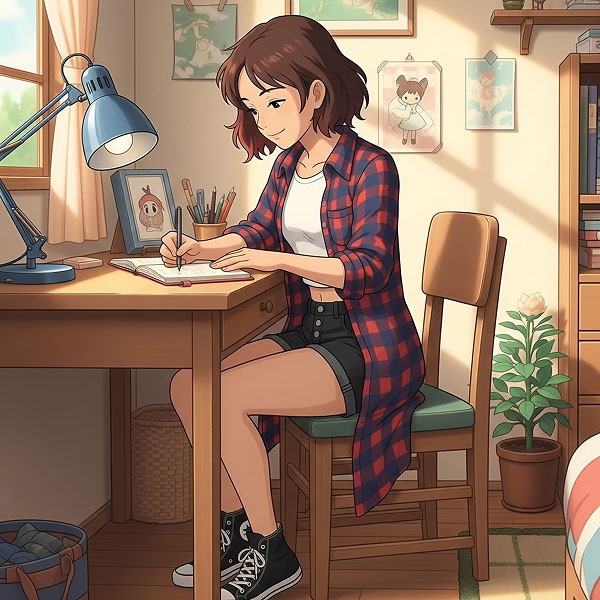
If you’re dating, don't isolate yourself. Reach out. Ask for help from your friends. Reflect on your experiences. And when you find someone who’s willing to grow with you, hold on tight.
Because in love, as in life, no one wins alone.
❓ Frequently Asked Questions
| 1. Do I really have to be emotionally healed before I start dating? |
|---|
| No, you don't. While it's great if you feel ready, you don't have to be perfectly healed to start dating. The truth is, a healthy relationship can often be a powerful part of your healing and growth. The key is to be self-aware and open to growth. Instead of waiting to be fully healed, focus on being mindful of your emotions and communicating openly with a potential partner. A supportive relationship is one where both people can learn and grow together. |
| 2. How do I know if I’m in a healthy interdependent relationship vs. a codependent one? |
|---|
| Healthy interdependence means you feel safe being yourself, can ask for support, and maintain boundaries. Codependence feels like losing your identity or needing someone to feel okay. |
| 3. What if I don’t have a strong support system? can I still grow through dating? |
|---|
| Yes, you can. While a strong support system is helpful, it isn't required for personal growth. Every relationship, even a short one, can teach you valuable lessons about yourself and what you want. Growth comes from meaningful interactions and a willingness to learn from your experiences, not from a big network. |
| 4. How do I build emotional safety with someone early in dating? |
|---|
| The key is to be present, listen actively and share honestly. Emotional safety is built when both people feel seen and respected from the very beginning. To learn more about this, you can read our post on Stage 3 of Dating 101: Early Connections. |
| 5. Can past relationships really help me grow, even if they were toxic or painful? |
|---|
| Absolutely. Painful experiences often clarify your values, boundaries and emotional needs. They’re part of your growth loop, not wasted time. |
| 6. What are some ways to support my partner without losing myself? |
|---|
| Keep your own goals, interests and friendships alive. Support them emotionally but also protect your sense of self, that’s the balance of interdependence. |
| 7. How do I start building my emotional team if I’ve been doing everything alone? |
|---|
| Begin by reconnecting with trusted friends, seeking mentorship or joining communities that align with your values. Relationships grow from small, consistent steps. |
Table of content
- The Truth About Love and Growth
- Are You Waiting to Be Ready for Love?
- The Dating Feedback Loop: Every Connection Teaches You Something
- From "Me" to "We": The Stages of Dating as a Team Sport
- The Role of Your Community in Love
- What Does Winning Together Really Look Like?
- What About Independence?
- A Simple Story: Everyday Life
- Your Turn: Start Building Your Team
- 🧭 Final Thoughts: Learn to Write Your Story Beside Others
- ❓ Frequently Asked Questions
